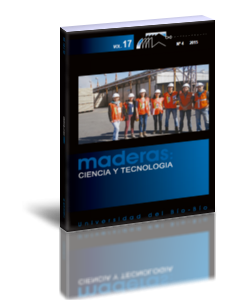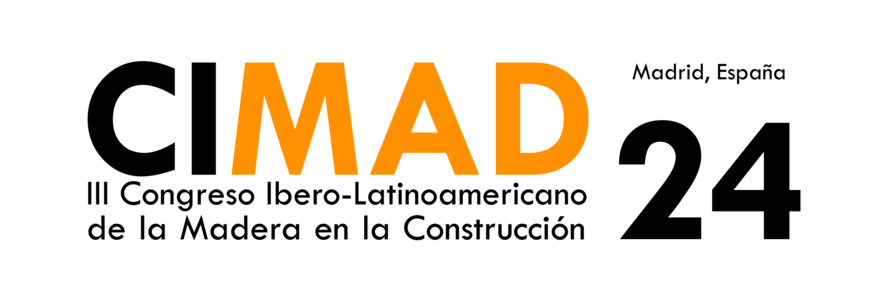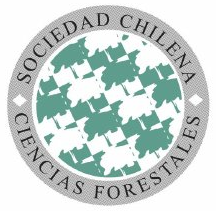Effect of extractives on wood color of heat treated Pinus radiata and Eucalyptus pellita
Keywords:
Colorimetry, green-red coordinate, lightness, thermal treatment, wood extractives.Abstract
Heat treatment can change wood color without any use of environmentally harmful chemicals, and the efficiency of this process depends on the raw material to be treated. The objective of this study was to evaluate the influence of extractives on the color change of Eucalyptus pellita and Pinus radiata wood during heat treatment. The extractives were extracted in cold water and in dichloromethane as well as totally removed and the wood was treated at 170°C and 200°C for three hours under atmospheric pressure and in presence of air for evaluating the lightness (L*), green-red coordinate (a*), blue-yellow coordinate (b*), color saturation (C) and tonality angle (H) values. Pinus radiata wood was more resistantto discoloration by heat treatment. The removal of total and cold water-soluble extractives before heat treatment changed the L* value of Pinus radiata, a* value of Eucalyptus pellita, and b*, C, and H values
of both species. Removal of extractives soluble in dichloromethane did not affect the color of heat treated wood. Thus, understanding the influence of extractives on heat treated wood can allow adapting the raw material to the process for enhancing the applicability of heat treatment for changing wood color.
Downloads
Download data is not yet available.
Downloads
Published
2025-11-21
How to Cite
Vinha Zanuncio, A. J., Guimarães Carvalho, A., Teixeira de Souza, M., Marangon Jardim, C., Cassia Oliveira Carneiro, A. de, & Colodette, J. L. (2025). Effect of extractives on wood color of heat treated Pinus radiata and Eucalyptus pellita. Maderas. Ciencia Y Tecnología, 17(4), 857–864. Retrieved from https://revistas.ubiobio.cl/index.php/MCT/article/view/2190
Issue
Section
Article
License
Copyright (c) 2016 Maderas. Ciencia y Tecnología

This work is licensed under a Creative Commons Attribution 4.0 International License.
Los autores/as conservarán sus derechos de autor y garantizarán a la revista el derecho de primera publicación de su obra, el cuál estará simultáneamente sujeto a la Licencia de Reconocimiento de Creative Commons CC-BY que permite a terceros compartir la obra siempre que se indique su autor y su primera publicación esta revista.
































